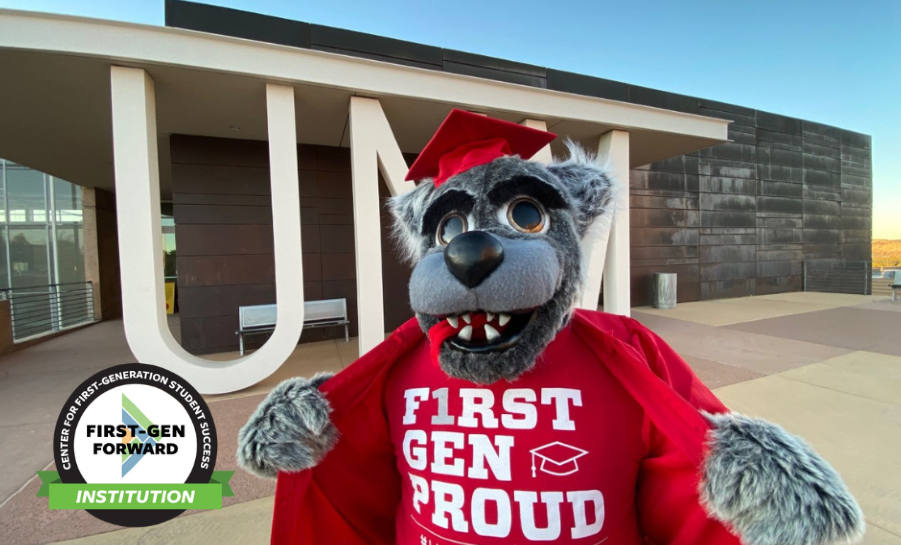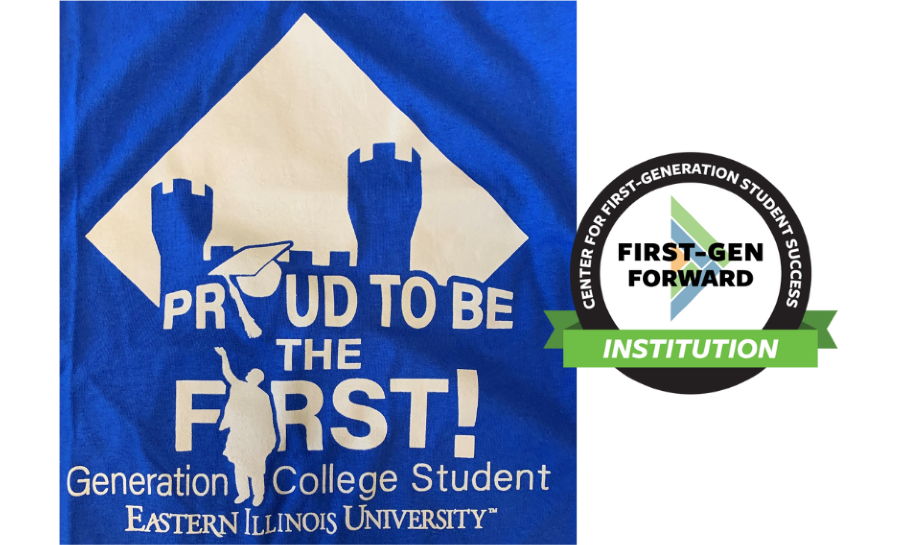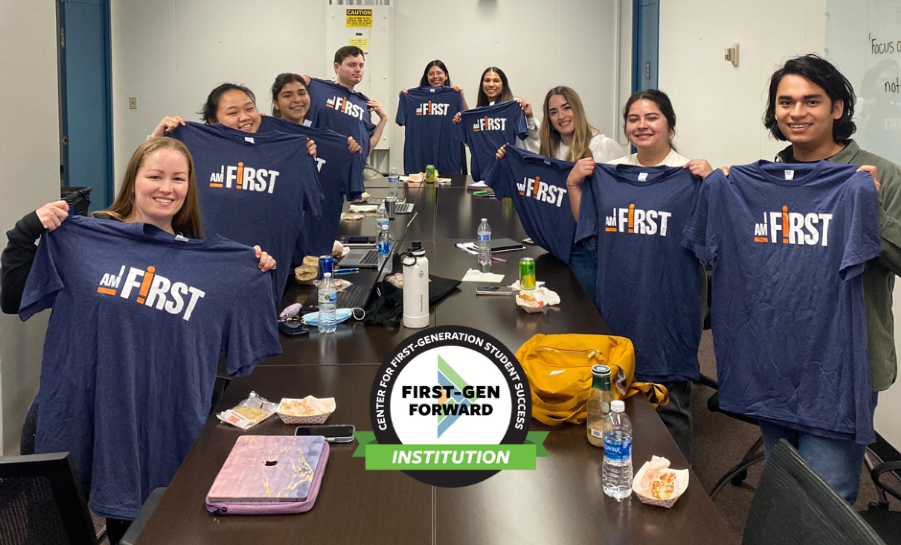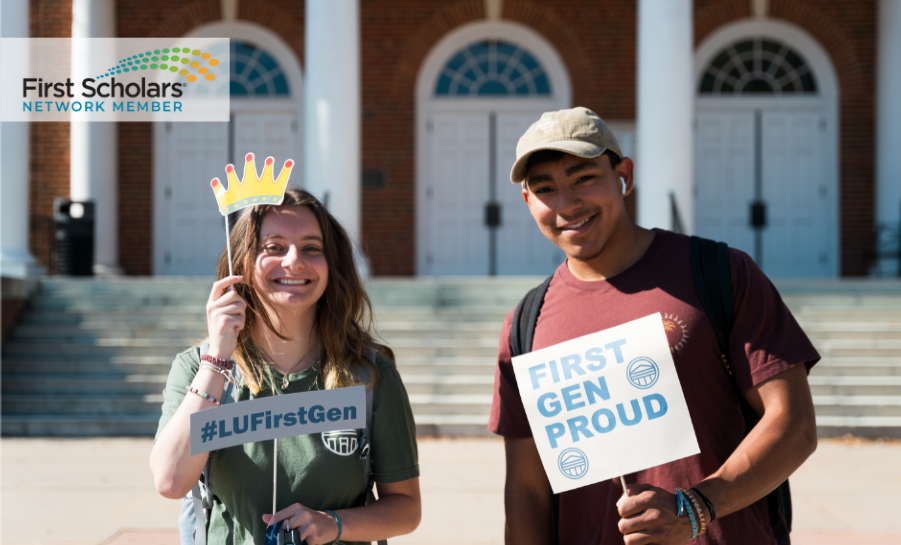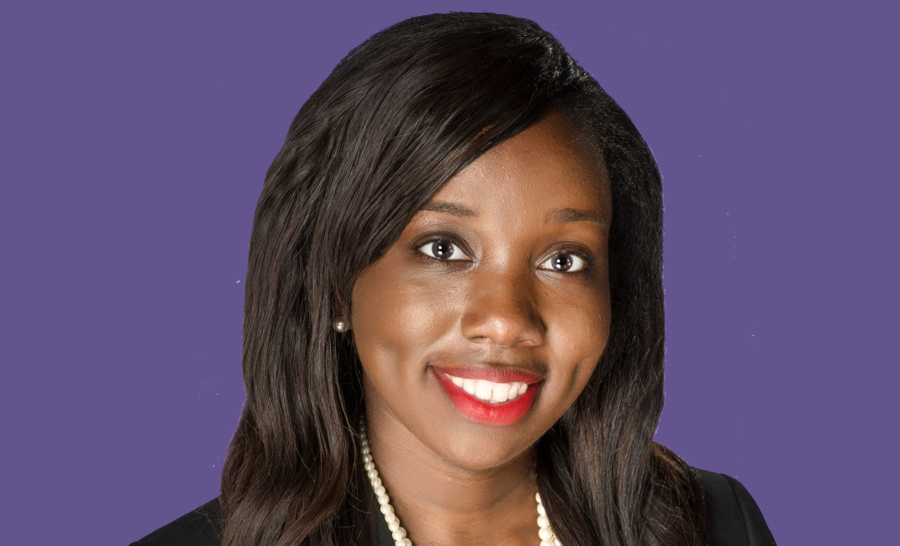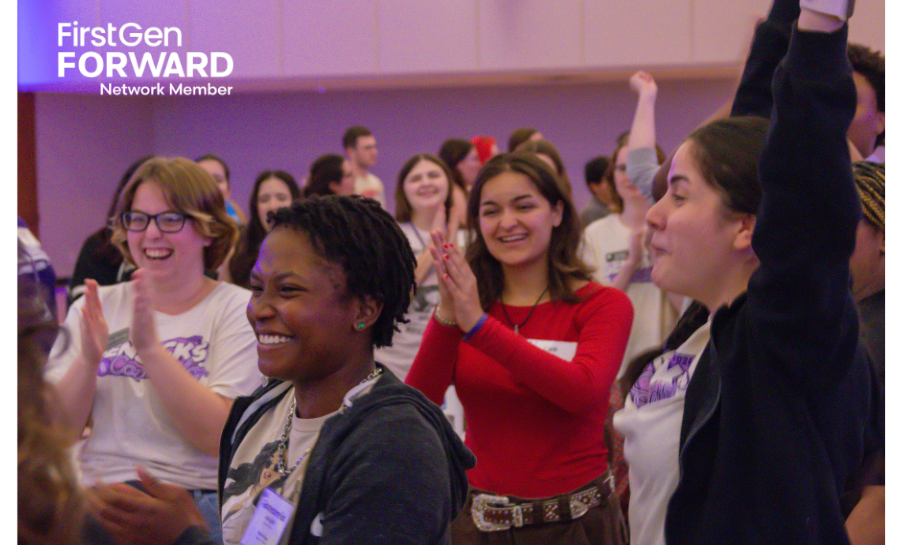We Never Stop Being First-gen
Anita M. Perez, Suffolk University / FirstGen Forward / November 10, 2021
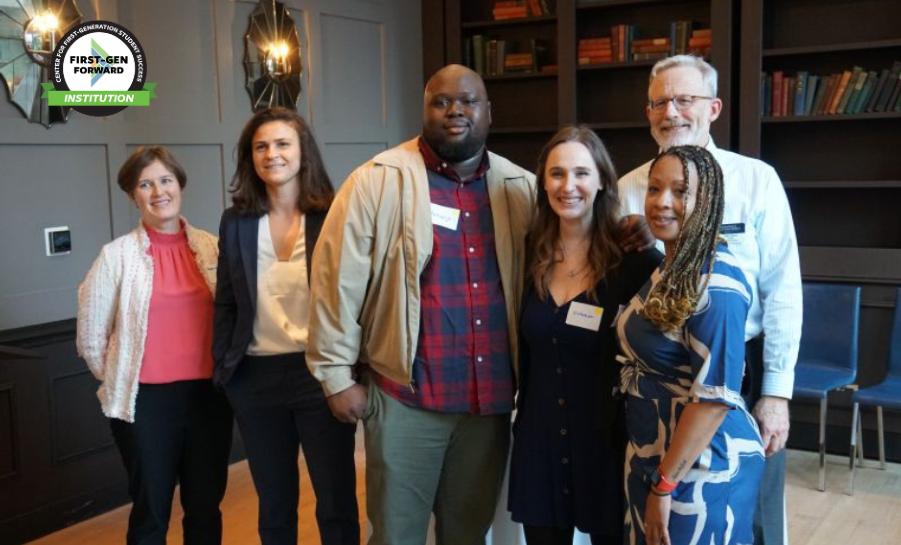
When we think first-generation, we often think of the college experience. At least, this is how it has been defined, how we have come to use it in our colleges and universities, and how we build resources around it. The truth, I argue, is a little more complex.
As a first-generation Afro-Latina with over 22 years of professional experience, I have helped thousands of students navigate their educational journeys both on campus and online – even when the journey was a foreign one for me in the beginning. Now a bachelor’s and two masters’ degrees later, I can confidently say one thing: Being a first-gen student does not stop even after obtaining that hard-earned bachelor's degree. This identity carries over throughout your entire life cycle as you navigate a conglomerate of “firsts”. Luckily for us, This is okay.
Once you come to terms and accept that you will be “first” in multiple facets of your life, you will feel more comfortable and open to navigating new spaces and new experiences.
Even after the bachelor’s degree, many first-gen students continue to feel like a “first” among their families, friends, and colleagues. Non-first-gen students who had the luxury of focusing on their studies – instead of worrying about housing, finances, and oftentimes the lack of family understanding – likely complete their degrees positioned strategically to “succeed” while we keep feeling like we must constantly play catch up. Our definition of success becomes warped by the messaging around us, and we lose sight of the many things we have accomplished to get this far; we forget that we are the agents of change that have gone against all odds and have the power to close the educational gap. We are first. We are trailblazers. Let’s not forget that.
But regardless of our own self-reliance, self-confidence, and self-empowerment, it is equally imperative to have institutions of higher education continue to provide support to first-gen graduate students.
For those of us who continue onto graduate study, the admissions, financial aid, and program progression processes remain major stumbling blocks. Sometimes we feel embarrassed to ask for help because the assumption is that we should already know how to navigate the system. It is as if graduating with a bachelor’s degree suddenly removes your first-gen status and we are granted all-knowing capabilities for the graduate / professional journey ahead. After graduation, first-gen students should not be made to feel like they no longer need help only because they jumped one major hurdle. There is a plethora of elements about higher education and its thousand pathways that will continue to feel foreign and complicated. But again: that’s okay. We got this. We can push through as always. We just need to believe in ourselves.
But regardless of our own self-reliance, self-confidence, and self-empowerment, it is equally imperative to have institutions of higher education continue to provide support to first-gen graduate students. The outward visibility would do wonders allowing first-gen graduate students to find a source of support and feel validated. I know from experience, that when I would see flyers around my institution for first-gen activities, it never occurred to me that I was welcomed to participate; I always associated the programming with the undergraduates. Little did I know that I could benefit from them as much as they could benefit from me, and this should be the way these issues are approaches across higher education institutions. Community is an important part of the first-gen experience at any level, and imperative for retention and graduation efforts of all students. So be more inclusive and build peer-to-peer mentor programs where all first-gen students can participate. Allow the full first-gen community on our campuses to thrive together and to celebrate in the achievements of one another. Because sometimes, we and our first-gen peers are all we’ve got as I will share with you:
I recently graduated with a Master of Science degree in business analytics (MSBA); an amazing feat for me given the rigor, my own life experiences, and first-gen background. Excitedly, I communicated my degree completion with my parents. Their response: smiles and blank stares. While they knew I had done something good, they still did not fully understand the importance of the achievement, nor could they fully appreciate the nuances, challenges, struggle, and the many mini victories that went into pursuing my grad program. To them, it was just another diploma. It wasn’t that they weren’t proud. It simply meant they just couldn’t understand what it “meant.” Being first, situations like these will always be a part of your life. Yet, it’s important to remember that it's okay to celebrate yourself even if the people around you aren't celebrating you. I did that. How? I took a trip to Mexico with my best friend when we finished our MSBA. As a first-gen Latino himself, he understood it and I didn’t have to sit there and try to explain it.
So, be proud of your achievements, celebrate yourself, and do not allow feelings of uncertainty stop you from being ‘first’ in every subsequent stage of your life. Follow your dreams and always share your experiences. You never know who might need to hear them.
